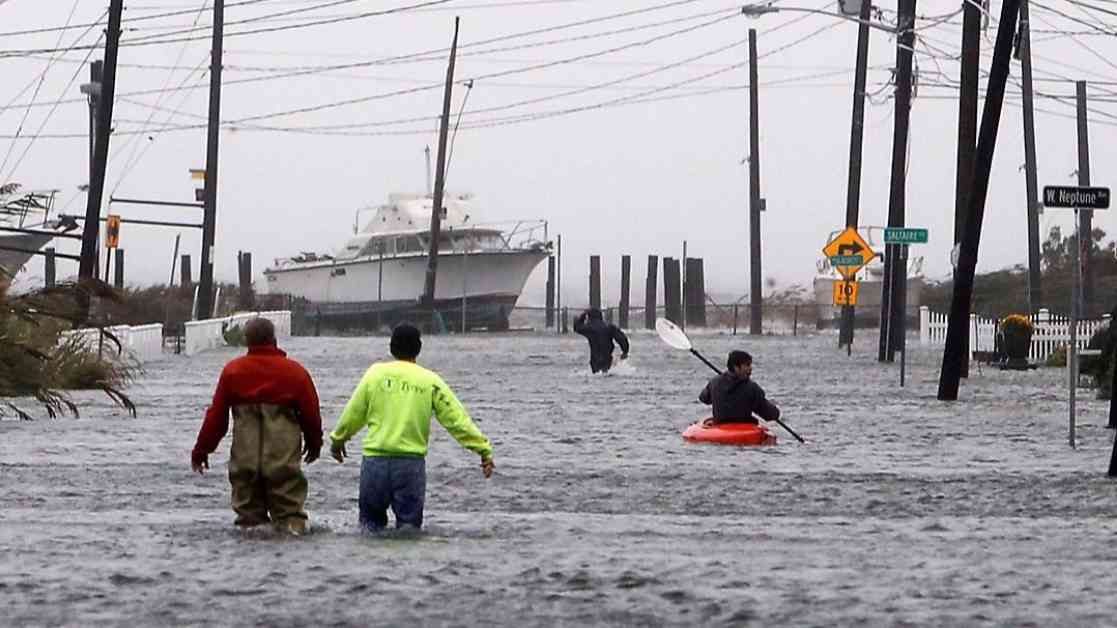Governor Kathy Hochul is considering a bill to reconvene the state’s sea level rise task force as climate week kicks off in New York City. The task force, last convened in 2007 and presented its report in 2010, would be responsible for updating data and making recommendations on how to address the issue. Advocates for the bill emphasize the need to update the state’s strategy in light of new data and understanding of climate change.
Tyler Taba, the director of resilience at the Waterfront Alliance, highlighted the importance of preparing for long-term risks posed by natural disasters such as hurricanes and flooding. He noted that New York has been too reactive in its approach and stressed the need for proactive planning and preparation. Taba urged Governor Hochul to support a new report from the task force, emphasizing the importance of being prepared for future events.
The task force, if reconvened, would assess the state’s progress since its last report and identify areas requiring further action based on updated data. Taba explained that the risks are not limited to New York City and Long Island but extend to the Hudson Valley up to Albany and across the entire state due to interconnected infrastructure and economic factors. He emphasized the need for adequate funding and infrastructure to ensure communities are prepared for the impacts of rising sea levels.
State Senator Monica Martinez, the sponsor of the bill, echoed the urgency of the situation, emphasizing the importance of ongoing efforts to protect coastal communities in the face of rising sea levels. She highlighted the need to apply updated scientific knowledge to ensure the safety and resilience of these communities in a changing climate. The bill also includes provisions for a public information campaign to educate and prepare residents in vulnerable areas for necessary actions to address sea level rise in the future.
In light of the increasing frequency of billion-dollar disasters in recent years, the reconvening of the sea level rise task force is seen as a crucial step towards better understanding and addressing the risks posed by climate change. By updating data, making recommendations, and preparing communities for future challenges, New York can take proactive steps to mitigate the impacts of rising sea levels and ensure the long-term safety and resilience of its coastal areas.

